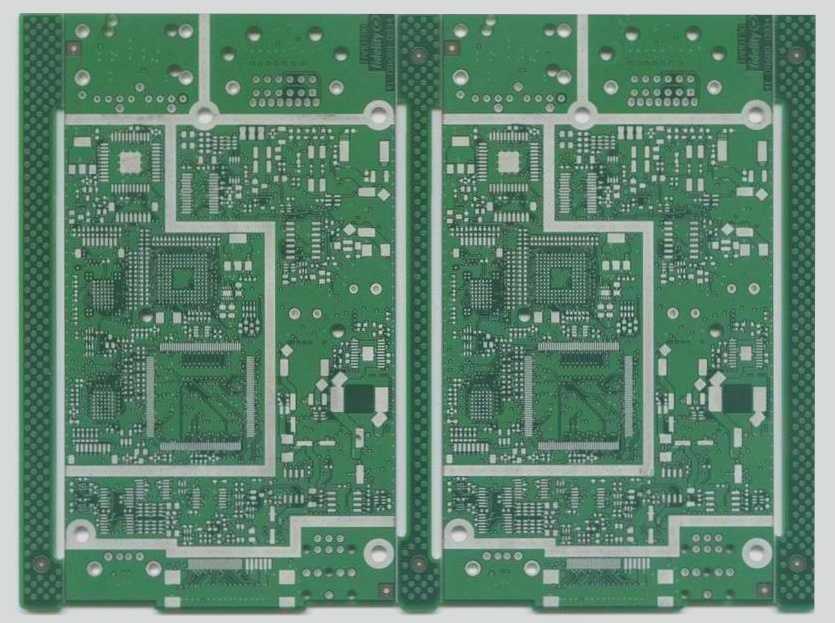Industrial PCB Materials:
- The selection of PCB materials is a critical aspect of PCB manufacturing.
- Material strength and flexibility directly impact the quality of the PCB.
- Industrial applications require PCB materials with high electrical and heat resistance.
- Heat resistance is crucial to prevent PCB deformation in high-temperature environments.
- Commonly used materials in industrial PCB manufacturing include glass fiber and Teflon.
FR-4 Glass Fiber:
The substrate of industrial PCBs is often made from FR-4 glass fiber material, known for its flame retardant properties and high tensile strength.

- FR-4 materials offer good dimensional stability and excellent insulation properties.
- They provide moisture resistance and a superior flammability index.
- FR-4 is a strong choice for industrial PCB manufacturing due to its reinforcement capabilities.
Teflon:
Teflon, also known as PTFE (polytetrafluoroethylene), is a fluoropolymer with unique characteristics ideal for industrial PCB production.
- PTFE exhibits excellent chemical resistance and electrical insulation properties.
- It offers good heat and low-temperature resistance, making it suitable for industrial settings.
- Teflon has a low coefficient of friction, strong non-stick performance, and good fatigue resistance.
Metal:
Traditional metals like copper, aluminum, and iron play vital roles in industrial PCB manufacturing.
- Copper’s conductivity makes it a top choice for PCBs, aiding in surface mount technology during assembly.
- Aluminum backplanes are commonly used by PCB manufacturers to ensure high quality.
Ceramic Printed Circuit Board:
Ceramics are favored for industrial PCB manufacturing due to their unique properties.
- Ceramic materials offer high hardness, good wear resistance, and excellent electrical insulation.
- They have high resistance to corrosion, high weather resistance, and a high melting point.
- Ceramics are not suitable for all applications due to their higher cost.
Quality and Cost Considerations:
- High-quality materials are essential for durable and long-lasting PCBs in industrial applications.
- Material selection should align with specific application requirements.
- Factors like material quality, component replacement ease, and durability impact the overall cost of industrial PCBs.
Energy and Heat Management:
- Heat capacity and energy conversion rates play crucial roles in determining the reliability of industrial PCBs.
- Understanding how materials handle power conversion into temperature is key for optimal PCB performance.



